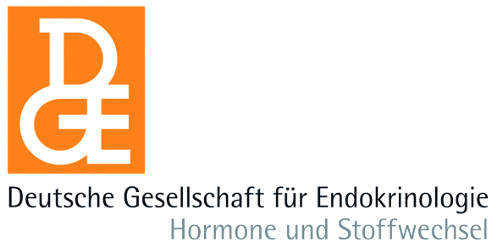IRTG “Molecular Pathogenesis of Male Reproductive Disorders“
Funding
International Research Training Group funded by the German Research Foundation DFG, Justus Liebig University Giessen, Germany and Monash University, Clayton (Melbourne), Australia
Funding period
April 2013 – March 2022
Participating institutions
- Justus Liebig University Giessen, Germany
Faculty of Medicine, Faculty of Veterinary Medicine - Monash University, Clayton (Melbourne), Australia
Faculty of Medicine, Nursing and Health Sciences, Monash University Department of Molecular and Translational Research, School of Clinical Sciences and Department of Anatomy and Developmental Biology, Biomedicine Discovery Institute - Hudson Institute of Medical Research (affiliated with Monash University)
Cooperation
- Priority Research Centre for Reproductive Science, University of Newcastle, Callaghan, NSW, Australia.
- Burnet Institute, Centre for Biomedical Research, Melbourne, Australia
Websites
Contact
Spokesperson Justus Liebig University: Prof. Dr. Andreas Meinhardt
Spokesperson Monash University: Prof. Kate Loveland
Description / aims
The research is focusing around the following two thematic areas (infertility incl. testis and epididymis disorders, prostate disorders) investigation key regulatory mechanisms (local factors incl. activin/TGFβ; inflammation and immunity; sex steroid hormones; genes/epigenetics). Each project is jointly studied by Australian-German investigator pairs (‘tandem projects’). Consequently, all students recruited to this programme will be mutually supervised by scientists from Monash University and Justus Liebig University. PhD studies require a reciprocal visit to the partner institution giving students the opportunity to undertake a joint PhD. Importantly, the research training programme builds on strong translational/clinical exposure and disease models in Germany and on advanced method platform training and technologies at Monash University (e.g. Medical Genomics, Flowcore, Imaging and Bioinformatics Platform Facilities) and access to important and unique transgenic mouse models.
Publications
Kügler R, Mietens A, Seidensticker M, Tasch S, Wagenlehner FM, Kaschtanow A, Tjahjono Y, Tomczyk CU, Beyer D, Risbridger GP, Exintaris B, Ellem SJ, Middendorff R
Novel imaging of the prostate reveals spontaneous gland contraction and excretory duct quiescence together with different drug effects
Faseb J, 2017 Oct 31; pii: fj.201700430R. PubMed PMID: 29089445
www.ncbi.nlm.nih.gov/pubmed/29089445
Michel V, Duan Y, Stoschek E, Bhushan S, Middendorff R, Young JL, Loveland KL, de Kretser DM, Hedger MP, Meinhardt A
Uropathogenic Escherichia coli cause fibrotic remodelling of the epididymis.
J Pathol; 2016 Sep; 240(1):15-24. PubMed PMID:27218225
www.ncbi.nlm.nih.gov/pubmed/27218225
Lim S, Peng Qu Z, Kortschak RD, Lawrence DM, Geoghegan J, Hempfling A-L, Bergmann M, Goodnow CC, Ormandy CJ, Womg L, Mann J, Scott HS, Jamasal D, Adelson D, O´Bryan MK
HENMT1 and piRNA stability are required for adult male germ cell transposon repression and to define the spermatogenic program in the mouse.
PLoS Genet. 2015 Oct 23;11(10): PubMed PMID: 26496356
www.ncbi.nlm.nih.gov/pubmed/26496356

